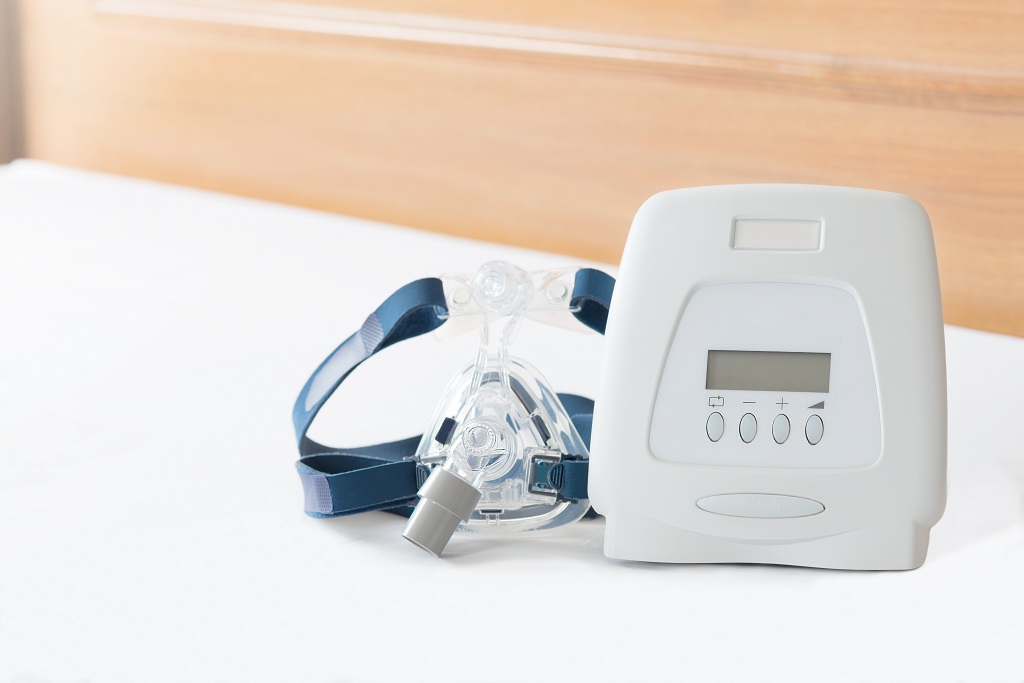
Most people are unaware that they suffer from sleep apnea until a friend, family member, or loved one share a room with them while they sleep. The most common concerns over sleep apnea are the sound of snoring and the concern of not breathing throughout the night. When oxygen levels drop, it can cause a strain on the heart and lungs. Therefore, it is so important to address sleep apnea as soon as possible with sleep study test results. There are a few common risk factors that can indicate issues with sleep apnea prior to being told by a family member or loved one.
Family History
For most people, sleep apnea can be traced back to weight issues, however, some people can be genetically predisposed to developing sleep apnea. Inherited physical traits, such as the composition of your head, skull, and oral cavities can all influence your chances of having sleep apnea. A recessed chin can cause difficulty breathing while sleeping. This can be fixed through the use of plastic surgery to not only improve the overall appearance of the chin and face but to also improve the quality of nightly rest. If a family member has sleep apnea you are more likely to develop it as well. Of course, lifestyle and diet will still play a role.
Excess Weight
As most people already know, there are zero mental, emotional, and physical benefits of being overweight. Weight gain or excessive weight is one of the most common causes of sleep apnea. Excess weight has a tendency to accumulate around the neck area. Usually weight gain sneaks up on a person and the physical effects of said weight gain are not always noticeable right away. A home oxygen test can help determine oxygen levels throughout the night to help treat sleep apnea.
Excessive Alcohol Use
Drinking to excess can adverse health effects on your physical, mental, and emotional health. Heavy drinking can also worsen sleep apnea. Alcohol can cause loud snoring because it relaxes the throat muscles. This means that even if you are not apt to snore normally, consistent and heavy drinking may cause you to inadvertently develop sleep apnea anyway. If you already suffer from light to moderate snoring problems, alcohol will only prove to worsen them. Extreme alcohol consumption can also cause weight gain, which is another risk factor when it comes to the development of sleep apnea.
Smoking
Smokers are three times more likely to have sleep apnea. Smoking can irritate the tissues in your nose and throat, which increase the amount of inflammation and fluid retention in the upper airway. The swelling can cause blockages that restrict air flow. Obstructive sleep apnea can dramatically decrease your quality of life. However, those who quit smoking can see an improvement in their sleep apnea symptoms.
Age
Sleep apnea becomes much more common with age. But, sleep apnea can develop with anyone at any age. Typically, the increase of sleep apnea in older adults is thought to be because of increased fatty deposits in the head and neck areas. Additionally, there are body structure changes that occur surrounding the pharynx. Most elderly people ignore the symptoms of sleep apnea. This can cause misdiagnosis, as sleep apnea can have a whole host of side effects on the body.
What Are The Symptoms of Sleep Apnea
The common risk factors for developing sleep apnea come with some mild and some very serious symptoms. Many people write these symptoms as just a bad night’s rest. However, some of these can be very life-threatening. These sleep apnea symptoms include morning headaches, high blood pressure, heartburn, memory problems, irritability, poor judgment from fatigue, and much more.
Only a home sleep study can help you determine the presence and severity of sleep apnea. We want to help you get back to restful nights. If you’ve been waking up tired, groggy, or having trouble staying asleep through the night it might be time to get tested. These are not normal sleeping habits and there is a way to fix these issues; no matter what your family and medical history are. Learn more about the risk factors and symptoms of sleep apnea online today.
VirtuOx is the leader in home sleep tests and pulse oximetry.
Click the link below to get more information plus to receive a FREE Report…